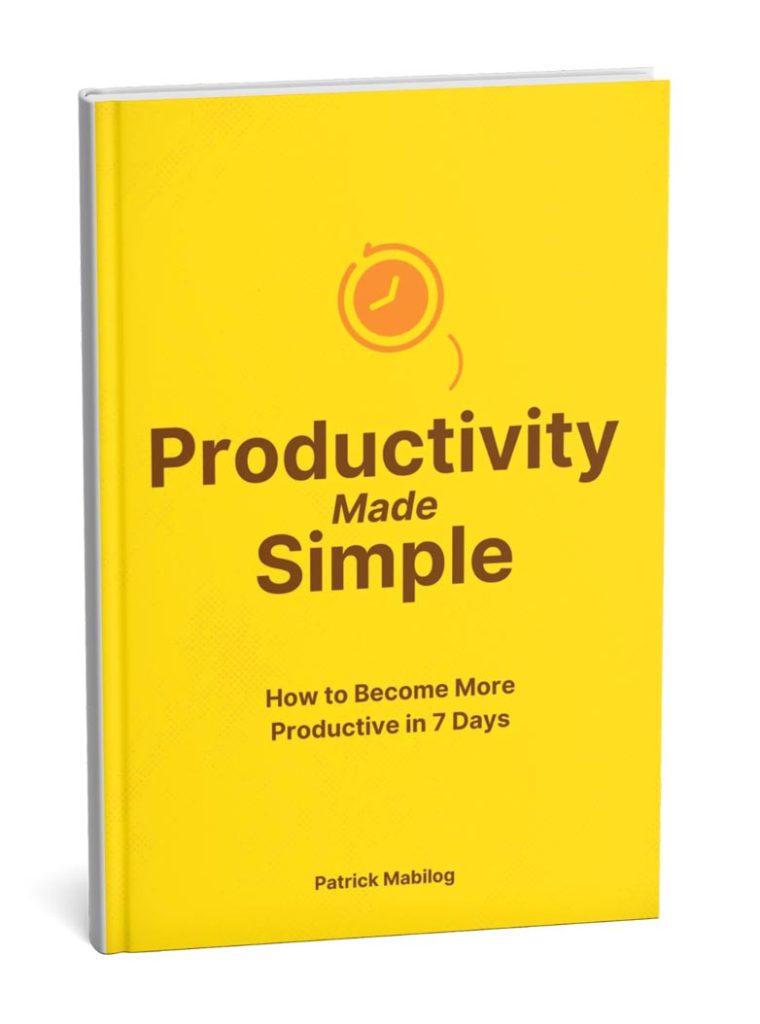If you’re reading this post, there’s a possibility that you haven’t gotten to writing your faith goals/new year’s resolutions/whatever you wanna call them yet, or maybe you haven’t finished up on them yet. And that’s okay! Only one day has passed in 2017 and you still have 364 more to get more done this year than you’ve ever done before. But it’s got to start with a plan.
I’ll admit that I was not always the type to write down my goals for the year. I have always been the “if it’s meant to be, it’ll happen” kind of person. And maybe that’s true, but just imagine how much more you can achieve by setting aside time to create a detailed list of faith goals and plan of action for you to shoot for this 2017.
Michael Hyatt once said, “you’ll only achieve what you intentionally pursue.” There is power in being intentional and I believe everyone has that ability to be deliberate in setting and pursuing goals. You might be thinking that it’s just not “you” to plan, but it doesn’t have to be. All you have to be is dedicated and disciplined to a plan of action.
Here are twelve easy, simple and doable tips to making powerful faith goals to pursue this 2017.
1. Make a resolve to trust God’s grace
2016 was amazing in that out of my twelve faith goals for the year, only 2 didn’t happen. Moreover, I ended up adding another twelve faith goals that I actually didn’t expect to happen until the next three years. Only one word could explain how that happened- grace. Sure, I may have done my part, but God carried me through 99.9 percent of the time. Only by His grace do we truly achieve faith goals.
2. Partner with the Holy Spirit
When writing your goals for this year, the best person to be in the same room with is God Himself, and He’d be more than happy to join you. Before drafting and writing your goals, take a moment to pray and maybe even worship before starting.
3. Be realistic
Sometimes we tend to make goals like “earn one million pesos more this year” or “lose 120 pounds,” which all sounds great, but often it’s just not realistic. Slow is fast as they always say. Small increments done over long periods of time always work best. Maybe instead of shooting for 120 pounds right away, you can start with 20 then move to 30 next year, and so on.
4. Categorize your faith goals
This, I’m not sure is just me, but it really helps to categorize goals. This creates for us focus and more retention so we remember our goals better. When writing goals, I personally like to create categories for family, finances, spiritual growth, vacation, work and personal benevolence.
5. Put a deadline
There is power behind a deadline. It gives you a sense of urgency and keeps you on your toes. Deadlines remove us from a zone of comfort and reminds us that there is a clock and we all have limited time to do what we would like to do.
6. Write it down
Habakkuk 2:2 tells us, “Write the vision; make it plain on tablets, so he may run who reads it.” When we write our goals down, we make it a point to revisit them. It helps a lot to write it down in as many ways possible and make them easily available to you. Personally, I like keeping my goals in a journal and visiting them and praying for them every time I spend time with God daily.
7. Create the first step
It’s been said that the first step is always the hardest and that’s totally true for many of us. The hardest part is often drawing up your first step. Creating, planning and putting a timeframe to when you will take your first step does wonders for making sure our goals happen. Always remember to make your first step simple and doable.
8. Don’t broadcast it
This is really important. Studies shows that broadcasting your goals to the public creates in us the same psychological stimulation as actually achieving the goal. This becomes a problem because then it creates a satisfaction that causes us to not pursue the goal anymore.
9. Create accountability
While there is no need to publicize your goal, it’s always best to create an accountability group who you can share your goals with for the year. I personally have a group of about 30 people (including my wife, some prayer partners and men I walk with in life) to share and pray for these goals with.
10. Create room for faith
As much as we want to be realistic, there’s no harm in creating a little room for faith. This is often where I personally fail. Because I always want to be realistic, I tend to under-mark my goal and end up under-achieving. Give God room to move.
11. Track your progress
Creating a regular habit of revisiting and ticking out goals that you have achieved is also vital. The difference between goals that last the first month and goals that don’t is follow up. Tracking your progress makes sure that you commit to progress.
12. Do the math
Last but not the least, there is magic behind numbers. So you want to earn more, but how much more? You want to partner with missionaries this year, but how many and by how much? Numbers give you a clear bullseye to shoot and thus give you a higher probability of hitting goals you want to achieve.
Now I’m sure there’s more that you can do to create great goals that you can come up with for your work team, your family or for yourself. All it takes is a little intentionality and a whole lot of commitment. Who knows? This just might be your best year ever, and you gain higher chances of that if you set the right goals this 2017.
Do you have other goals? Feel free to share them in the comment section or to email them to me at patrick.mabilog@victory.org.ph. I wish you the best this 2017!





